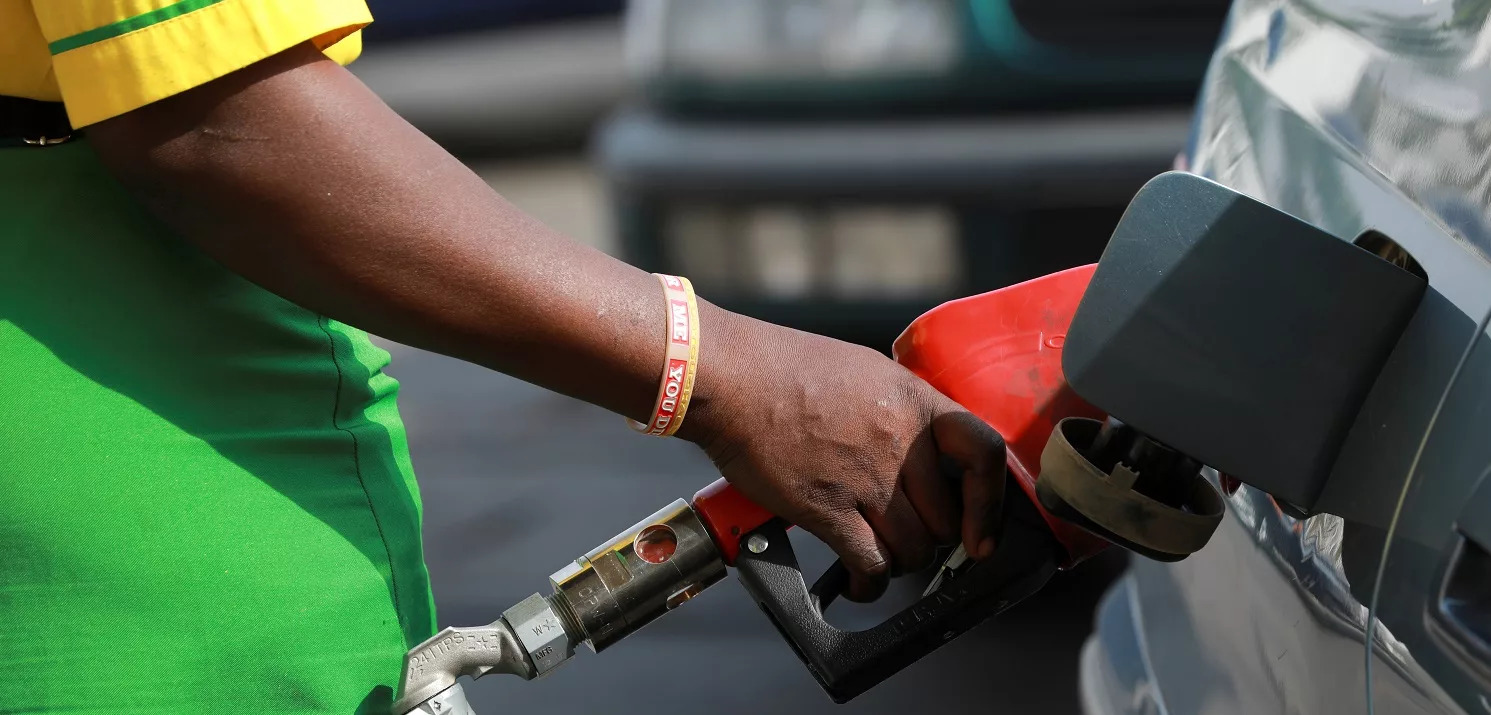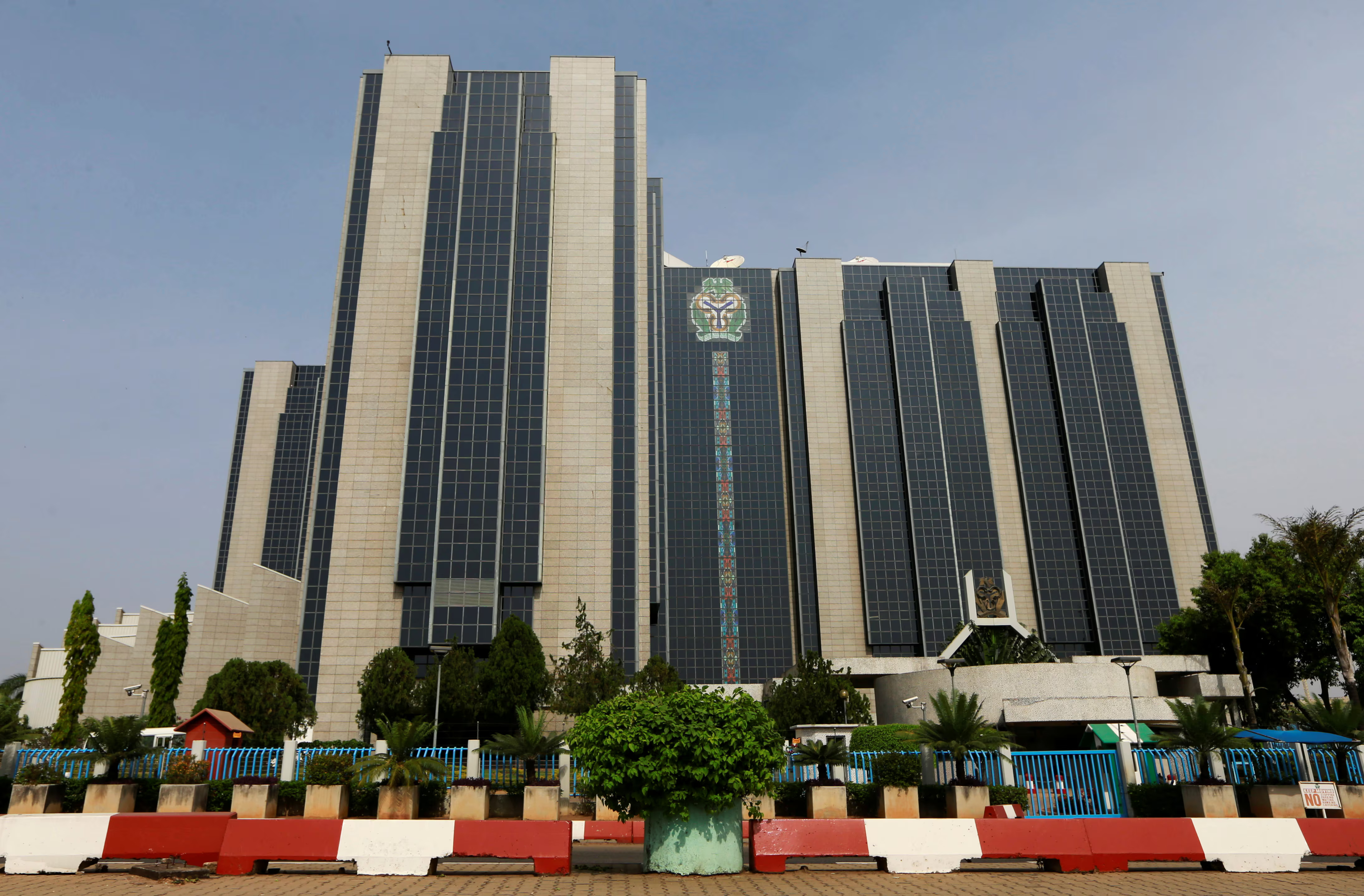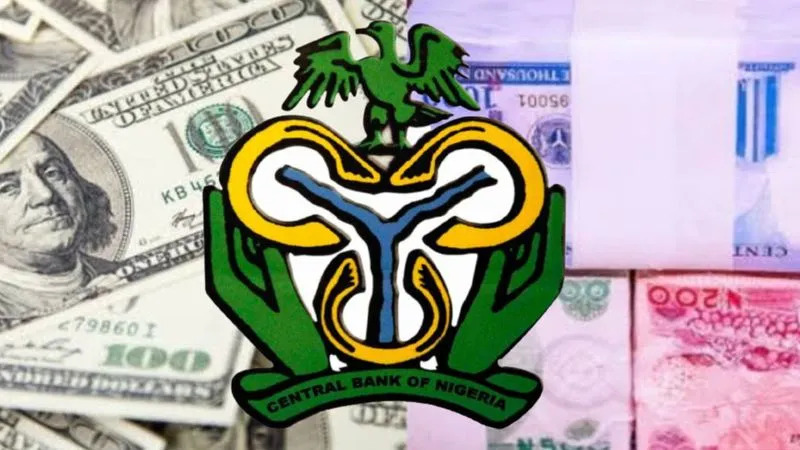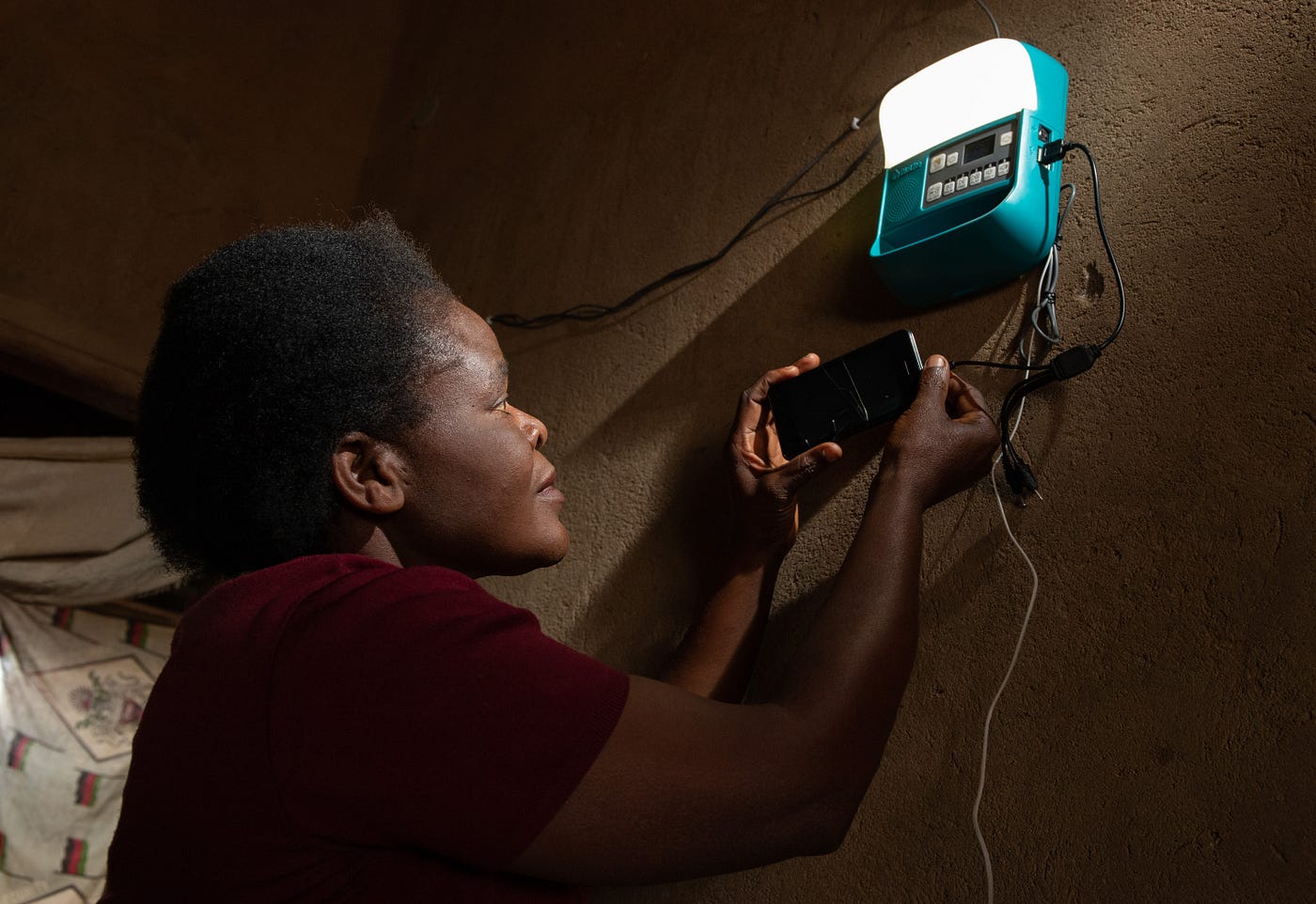- by Williams O.
- Jul 05, 2025
The Real Cost of Surviving Nigeria: From ATM Charges to Generator Fuel

- By Williams O.
- • Wed, Jul 16 2025
- • in Policy & Trends
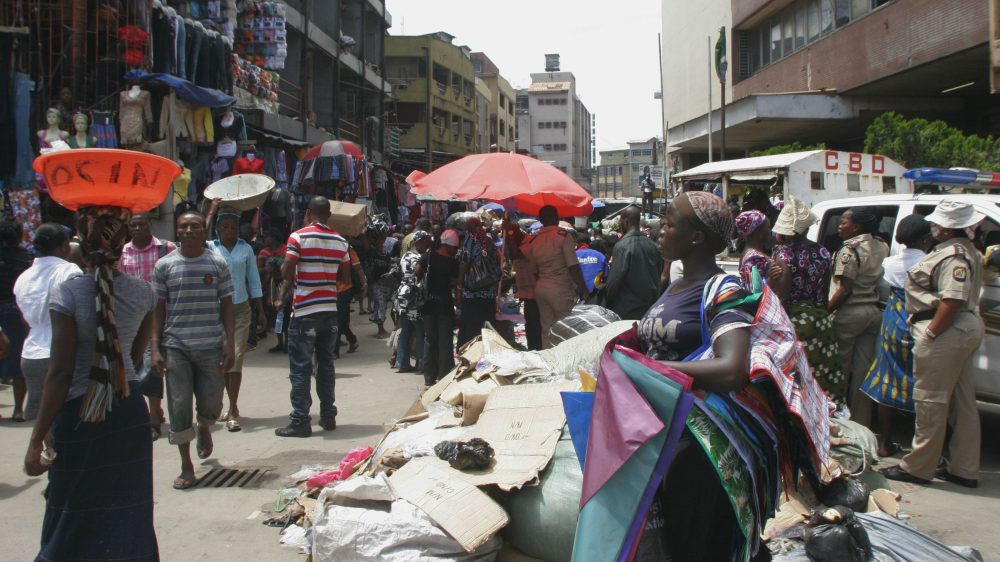
We often hear people say, “Nigerians are strong.” But strength should not be a survival requirement. In this country, just staying alive has become a full-time job.
Poverty in Nigeria is not about laziness, it’s about the high cost of staying alive.
Williams O. Omodunefe
And while the elite worry about investment portfolios and exchange rates, the average Nigerian is calculating how much life costs by the hour.
This is not just about unemployment or inflation.
This is about how much it now costs to survive Nigeria on a day-to-day basis.
Let’s break it down, not in theory, but in real, painful detail.
💳 1. ATM and POS Charges - Death by a Thousand Cuts
Withdrawal at an ATM: ₦35 after the third use
POS charges: ₦100–₦400 depending on amount
Transfer fees: ₦10–₦50 per transaction
SMS alerts: ₦4+ per alert, daily
You might think it’s “just ₦50,” but when someone withdraws money 3–4 times a week, they lose nearly ₦1,000 monthly, just to access their own money.
That’s a day’s transport. That’s garri for three days. That’s food for a child.
🔌 2. Generator Fuel: The Most Expensive Tax on the Poor
PHCN is unreliable. Yet, life must go on.
A small business owner spends ₦1,500–₦3,000 daily on fuel
A single household with a small generator? At least ₦700–₦1,200 a day
Inverters are expensive. Solar panels are out of reach.
This means a large percentage of earnings go right back into power, not because of growth, but because of survival.
Light in Nigeria is not a utility. It is a privilege.
🚍 3. Transportation Is Now a Monthly Salary
The average Nigerian spends:
₦500–₦1,500 daily on transport
That’s ₦15,000–₦45,000 a month
Yet, minimum wage is ₦30,000. Even for the employed, transport swallows up everything, leaving food, savings, and rent to suffer.
And for the unemployed or those in informal jobs, transportation becomes a punishment. They walk long distances. Or they simply stay home.
🍲 4. Food: Cooking at Home Isn’t Even Cheap Anymore
Many believe “just cook at home” is the cheaper option. But even cooking is now a burden.
A bag of rice: ₦70,000+
One tuber of yam: ₦2,000
A crate of eggs: ₦3,800–₦4,500
Small tomatoes, onions, oil, and pepper: Easily ₦5,000 for just two meals
For many families, ₦10,000 now lasts 2–3 days, not a week.
🏠 5. Rent Is Silent Pressure That Never Sleeps
In cities like Abuja or Lagos:
A self-contained apartment: ₦350,000–₦600,000 yearly
One-room in a decent location: ₦200,000–₦300,000
Rent must be paid in full, often yearly, no instalments
Landlords don’t care about inflation. And so the poor remain trapped, moving from place to place, crowding into spaces that were never meant for humans.
🧴 6. Sanitary Products, Toiletries, Essentials
Sanitary pads: ₦600–₦1,500 per pack
Soap, detergent, toothpaste, tissue, and deodorant: Easily ₦6,000+ monthly
Baby diapers: ₦8,000–₦15,000 monthly
Many women and families now cut back on hygiene just to survive.
That’s not dignity. That’s desperation.
🧠 7. School Fees, Books, & Uniforms
Public school is free, but unregulated, overcrowded, and often neglected
Private schools cost ₦20,000–₦100,000+ termly, even in low-income areas
Uniforms, PTA fees, books, transport, add ₦10,000–₦30,000 to that
Tertiary education? Now nearly out of reach
This means education is now optional for many, even though it’s the only possible escape.
💬 Final Thought: Survival Shouldn’t Be a Privilege
When a country becomes too expensive for its people to live in, it is not developing, it is breaking down.
No nation can thrive when its citizens spend all their energy just trying to survive.
“Every time I calculate my daily expenses, I feel like I’m drowning in small, invisible debts.”
- Mechanic, Gwagwalada
The real cost of Nigeria is not in billion-dollar budgets.
It’s in the ₦200 difference at the market.
The ₦300 POS charge that took away dinner.
The ₦1,000 fuel that forced a family to sleep in darkness.
We must start measuring economic growth not just by GDP, but by how much it actually costs to survive a week in Nigeria.
